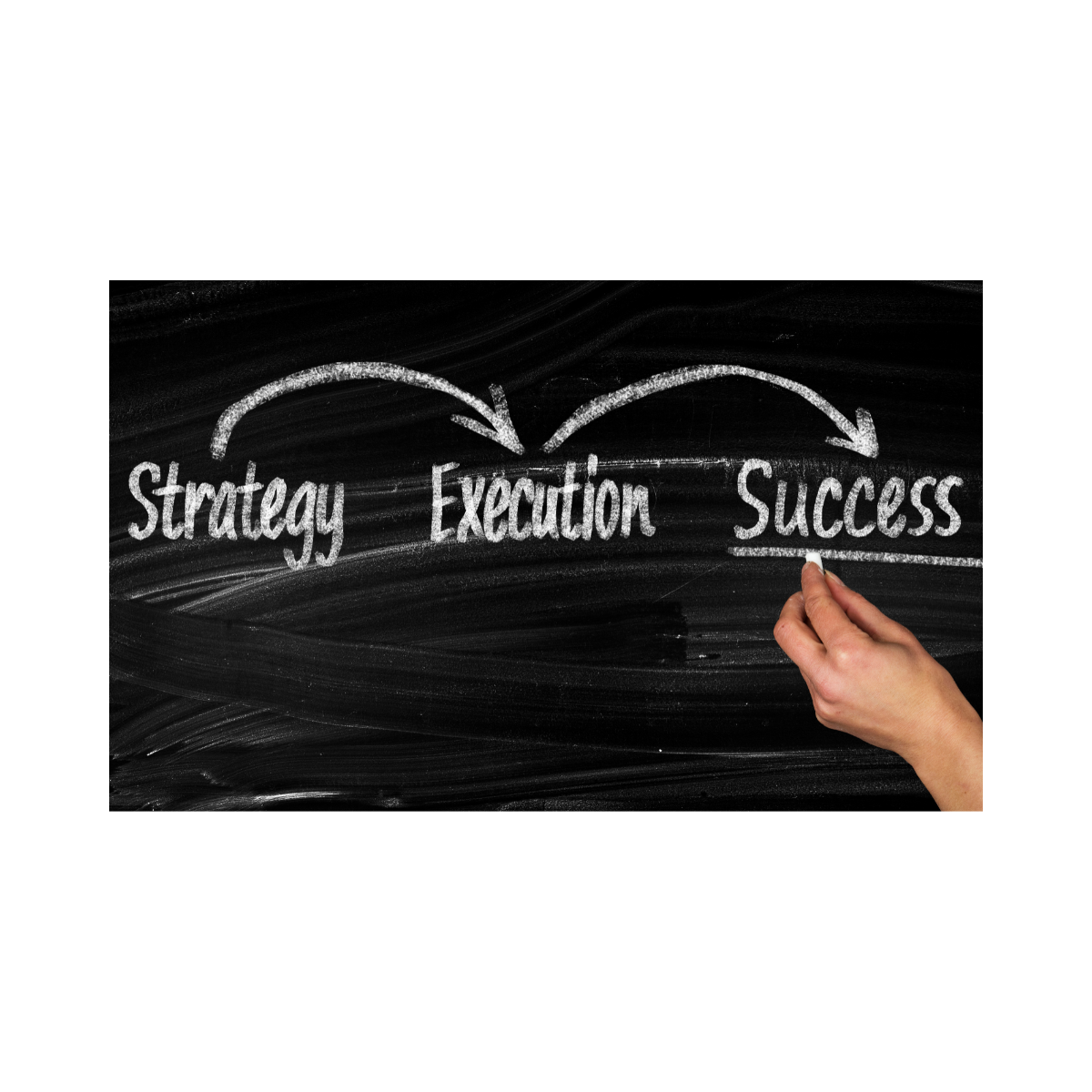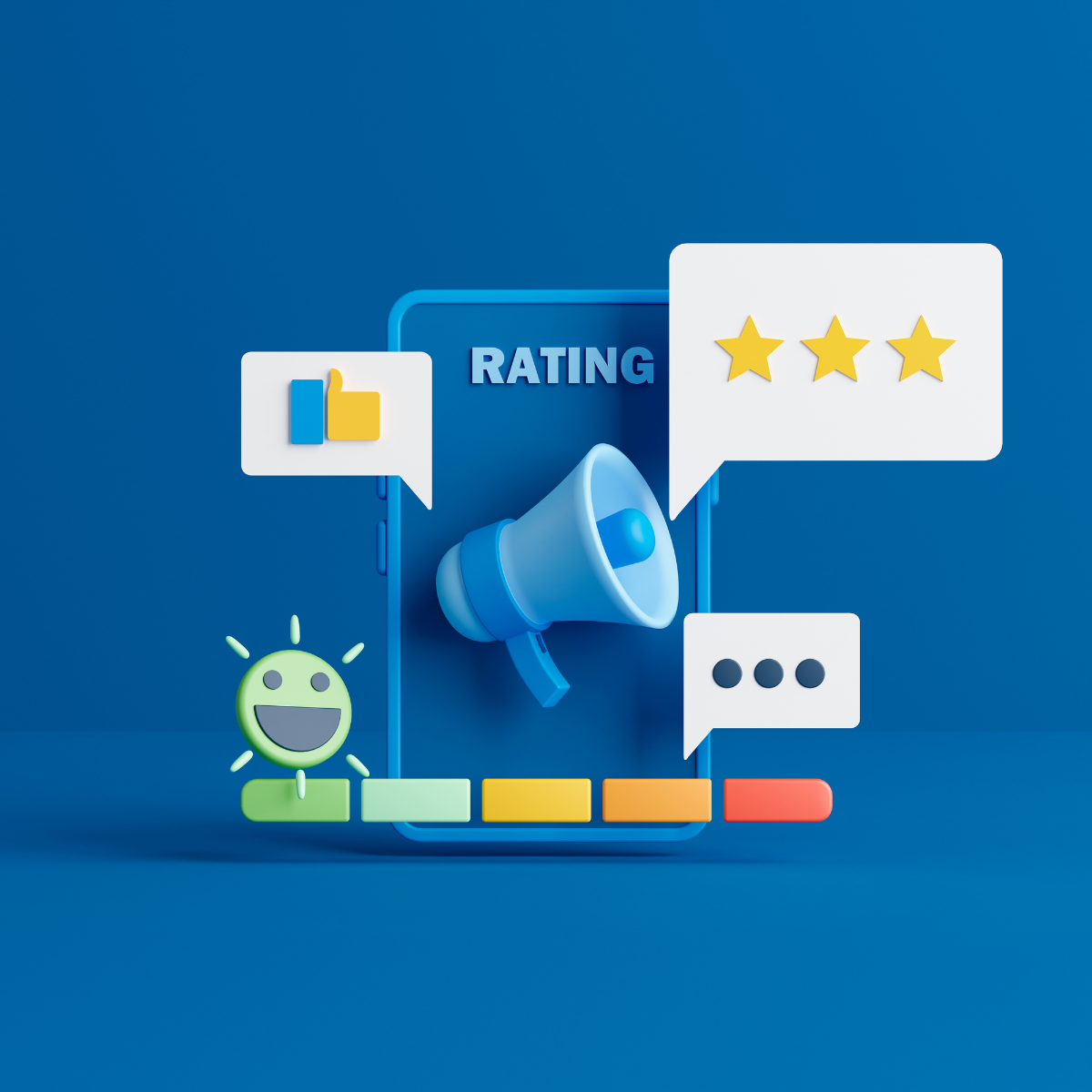What if your culture is the competitive edge you didn’t realise you had?
In 2025, company culture is a make-or-break asset. According to a recent Gallup study, organisations with strong cultures see 4x higher revenue growth and 72% higher employee engagement. And in uncertain markets, that’s the kind of advantage no SME can afford to ignore.
Yet for many businesses, culture feels intangible. It’s often mistaken for perks or personality, when in fact, it’s performance infrastructure — quietly shaping decisions, behaviours and ultimately, results.
So, how do you build a culture that performs?
The Link Between Culture and Performance
High-performing cultures don’t just feel good — they drive results. A 2023 McKinsey report found that businesses with aligned, adaptive cultures were 3x more likely to outperform peers across key financial metrics.
At ChalonPC, we define culture as “how things really get done.” That includes how people make decisions, how leaders lead, and how teams behave under pressure. When those patterns reinforce your strategy — not fight it — culture becomes a multiplier.
Why SMEs Can’t Afford to Ignore Culture
Unlike large corporates, SMEs often have leaner structures and tighter teams. That gives them an edge — but also means culture issues show up faster: misalignment, high turnover, or poor customer experience.
And when the pressure’s on? Culture becomes the default operating system. It’s what carries you when processes haven’t caught up or change is moving too fast. This is especially true in a tight labour market. PwC’s Future of Work study found that 75% of employees are more likely to stay with a company that prioritises culture and values alignment.
How to Build a Strong, Performance-Driven Culture
1. Start with Direction
Your culture needs a North Star. What does success look like? What behaviours support that vision?
Whether your goal is growth, innovation, or customer loyalty — clarify it, then bake it into daily practice. Use leadership strategy sessions, like those in our Business Strategy Development service, to define this clearly.
2. Make Values Practical
It’s not enough to have values on the wall — they need to be useful. For example, if one of your values is “Accountability,” what does that actually look like in meetings, in feedback, or when things go wrong?
This is where many companies miss the mark — they confuse culture with slogans. At ChalonPC, we help leaders translate values into everyday actions.
3. Audit Your Middle
Middle managers are culture carriers — but they’re often the most under-supported layer.
McKinsey data shows that empowering middle managers with the right leadership capability improves employee engagement by 35%. This is where targeted support and upskilling makes a measurable difference — and where our Capability Building programs come in.
4. Embed Culture into Performance
Culture isn’t separate from performance — it is performance. Start treating culture as a core item in your strategy reviews. How are behaviours impacting outcomes? Are teams aligned or operating in silos?
Use tools like employee feedback loops, behaviour-led performance reviews, and team effectiveness checks to stay on track. Our Culture Transformation services are designed to help SMEs do exactly that — without overcomplicating the process.
Real-World Insight
We worked with a fast-growing SME that had doubled its headcount in 18 months — but their culture hadn’t kept pace. Communication was fractured, decision-making was inconsistent, and burnout was climbing.
We helped the leadership team map out a simple Culture Framework aligned to their strategy. Within six months, employee engagement rose by 26%, and they saw a 15% uplift in team productivity.
Culture change doesn’t need to be complex — but it needs to be actively managed.
Culture Is an Accelerator, Not a Cost
The strongest cultures scale. SMEs that treat culture as a business asset will outperform those that treat it like a side project. If you’re serious about performance, start with culture — not perks.
Learn more about our Culture Transformation services and how we help businesses build cultures that drive results.














